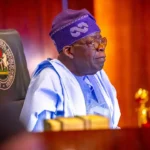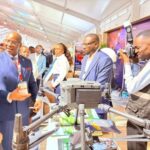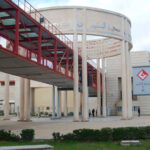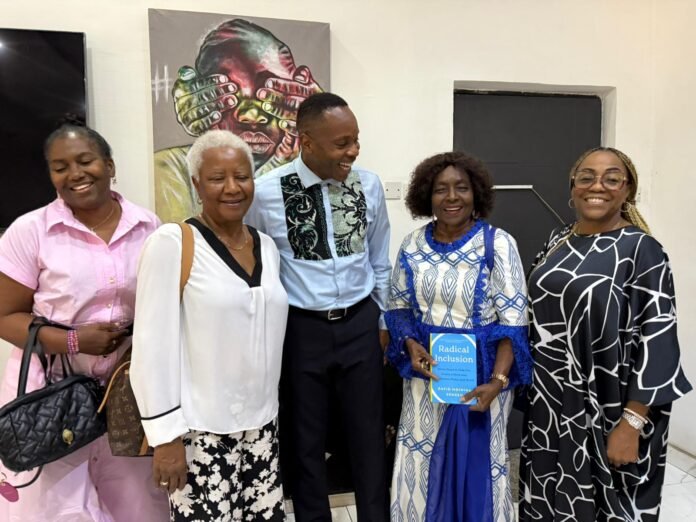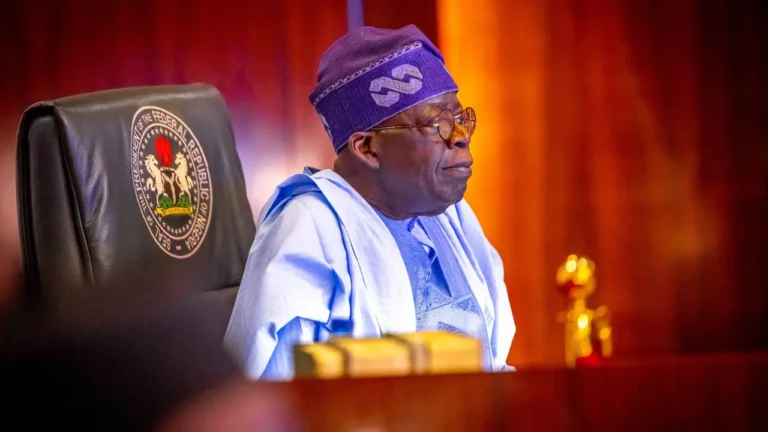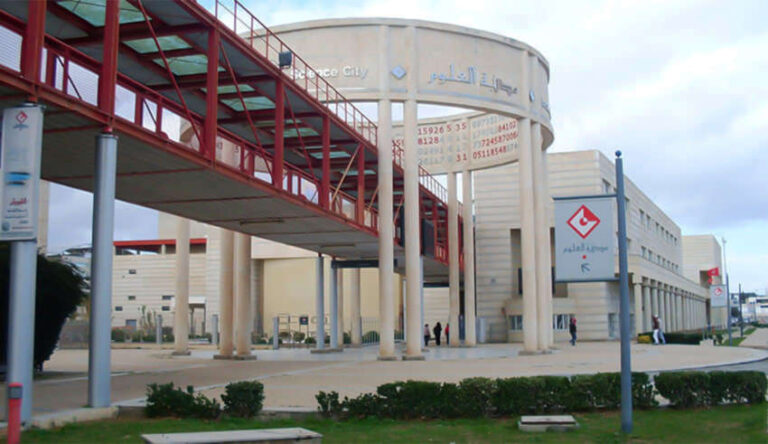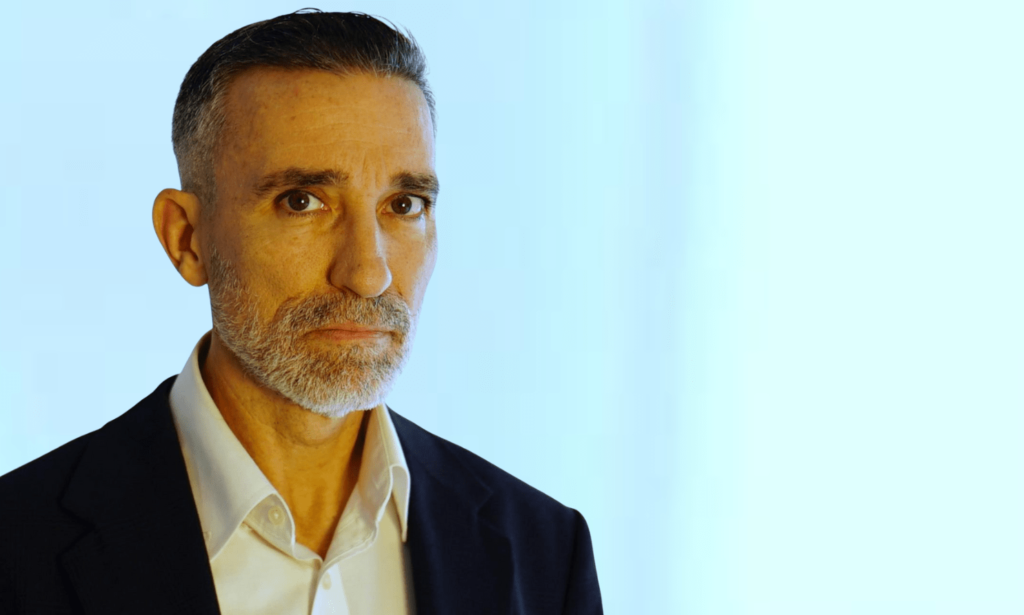
JUBA – A U.S.-based international rights organization on Friday urged South Sudan to defer a “high-risk” domestic trial for crimes against humanity, which includes the first vice president, to an independent tribunal, warning the case is flawed and could plunge the nation back into civil war.
The Director of World Without War Edward Carpenter said the trial risks the “break down” of the 2018 peace deal. The group cited analytical models, confirmed by local monitor CEPO, projecting a “50 percent chance that war will break out again before the end of November – rising to greater than 80 percent in December and January” if stability continues to deteriorate.
In a detailed statement, the group acknowledged the trial was a “historic first step” by the government in admitting that high-level political and military leaders directed “gross violations of the Geneva Conventions,” including the murder of civilians and “desecration of corpses.”
However, the director said the case was critically flawed and “should be referred to a court specifically designed to adjudicate such crimes,” such as the long-delayed Hybrid Court for South Sudan mandated by the peace agreement.
The statement’s sharpest criticism focused on the trial’s omissions, noting the indictments exclude alleged indiscriminate government airstrikes.
“Barrel bombs containing toxic, flammable chemicals were repeatedly dropped by the government of South Sudan – or its Ugandan allies – on civilian targets,” the statement said, alleging these attacks were absent from the charges.
The group also challenged an assertion by the presiding judge, James Alala, that President Salva Kiir has immunity. The statement called this view “wrong,” noting that heads of state like Slobodan Milošević and Charles Taylor have been prosecuted for similar crimes.
The trial, linked to violence in Nasir, includes First Vice President Dr. Riek Machar as a high-ranking defendant.
“The absence of those airstrikes in the list of indictments… make it clear that this is a matter which should be referred to” the Hybrid Court, the ICC, or a special UN tribunal, the statement read.
By transferring the case, the director said, Juba’s transitional government could focus on urgent economic and humanitarian crises, including stabilizing oil revenues.
World Without War issued a series of specific demands to international powers to pressure Juba, urging “That the President of the United States… make it clear that loans, equity and credit insurance under the DFC would be tied to the immediate implementation of the Hybrid Court for South Sudan and security sector reforms.”
The group also called for “That the People’s Republic of China offer highly favorable terms to restart and fast-track the rehabilitation of the Juba International Airport and construction of the Juba-Rumbek road… contingent on resolution of the current crisis, and the implementation of the necessary financial, judicial and security sector reforms.”
The group appealed to international partners, including the United States, China, the European Union, and the International Monetary Fund, to use their leverage to press Juba to establish the Hybrid Court and implement long-promised judicial reforms.
It specifically called for these nations to “freeze all remaining Multiannual Indicative Programme (MIP) funds for South Sudan until such time as its government takes meaningful steps to implement the Hybrid Court” and for the IMF to “freeze disbursements of existing International Development Association (IDA) grants pending resolution of the current political crisis.”
World Without War, founded by a former U.S. Marine and UN Peacekeepers, describes itself as an advocacy group seeking to abolish war.


